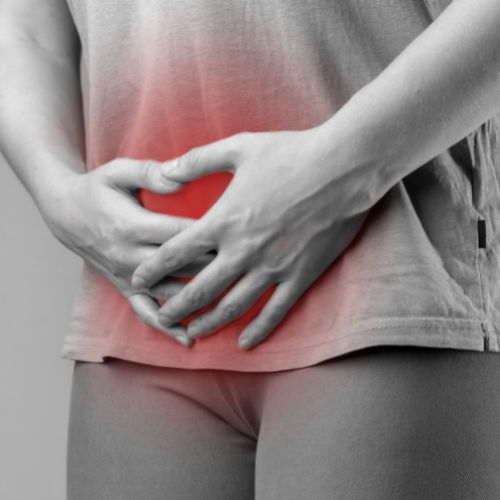Perhaps some of the most startling results in my research come from investigating not exotic herbs or tinctures, but from the results I find looking into vitamins and minerals that are often overlooked. One such mineral, Selenium, is a mineral that is so rare that it is hardly ever seen on its own.
Rare though it may be, it is absolutely essential for the function of many biological processes, not the least of which are enzyme performance and thyroid function. Recently, it has been included in a number of testosterone boosting supplements, so I set out to find if there’s any evidence to back up this use.
Key Takeaways
✲ Most of the evidence shows that Selenium can improve free testosterone levels in men.
✲ Its most potent effects, however, are seen in combination with other essential minerals.
✲ In some studies of women, the testosterone levels actually decreased, perhaps hinting at the mechanism by which Selenium regulates hormones.
✲ Selenium is toxic in its pure form, but safe below 400 mg/day.
Most Reliable Data
A study from just this year, which has already garnered over one-thousand views from peer-reviewers, conducted a large scale trial with over 500 males and 500 females to study the effects of various minerals on sex-hormone production.
They found a positive correlation in young men between Selenium intake and testosterone. Their conclusions were that Selenium interacts directly with hormone production, because they saw an estradiol (female hormone) increase in the young women in their study, as well.
They referenced a second study, this one combining Selenium with an amino acid called N-acetyl-cysteine, or NAC. They found a better-than-statistically-significant correlation between NAC/Selenium and all parameters of testosterone health, including sperm concentration and motility.
Other Supporting Studies
Two more studies, both from the last few years, have experimented with Selenium both by itself, and in combination with other minerals, specifically Zinc and Magnesium. I’ve written extensively on both of these minerals and their testosterone-boosting benefits, so I don’t find it surprising that combining them with another mineral, Selenium, can have concatenate results.
The first of the studies specifically looked at infertile men, and found that there was a positive correlation between Selenium and increased testosterone, though their data is not publicly available.
The second study provides their data (showing a significant increases), though their study used a combination of minerals–and their data was only on laboratory animals.
Decreases in SHBG
I should note that several of these studies note a loss of sex-hormone binding globulin, or SHBG. This specific hormone actually binds testosterone to blood cells, resulting in the now-famous debate between “total testosterone” and “free testosterone.” In the case of Selenium, it seems that while testosterone goes up, SHBG goes down. There is no evidence that Selenium is preventing testosterone from binding to blood cells, and therefore is more bioavailable for muscles, bones, and sexual function, but it does open the door for more research into this area.
Studies to the Contrary
I will include here, for the sake of scientific integrity, the lone study I could find that did not show an increase in testosterone after Selenium. I included this study in my Zinc article, as well, and I’ll offer the same conclusions here as I did there: this study was of elite male athletes performing rigorous cycling workouts, and confounded their study by including Zinc and Selenium, as well as pre- and post-workout measurements–as opposed to measurements taken over time.
Additionally, there is a study of women who had suffered from polycystic ovary syndrome (PCOS) who were then treated with selenium. They not only had no increase in testosterone, but a significant decrease. Again, however, I point out that earlier research which indicates that Selenium may have a gender-specific role within each body–the exact phrase, actually, those researchers used. Which means that, of course testosterone would decrease in women–just as it increases in men–when they take Selenium.

Conclusion
I found an overwhelming amount of research indicating that Selenium is not only a potential testosterone booster, but that it works in tandem with other essential minerals to perform vital hormonal processes within the body. In fact, one study of rams found it was so beneficial for proper testes growth in the womb that they recommended increasing the amount of Selenium for pregnant females–advice the Harvard Medical Journal has since followed.
There was one study contradicting male uses of testosterone I had found flaws with, in earlier research, but have included it as the act of a good researcher, pointing to all available data. The data, at least in this case, does not seem to be controversial–Selenium plays a role in sex-hormone function for women with estradiol, and for men with testosterone.
